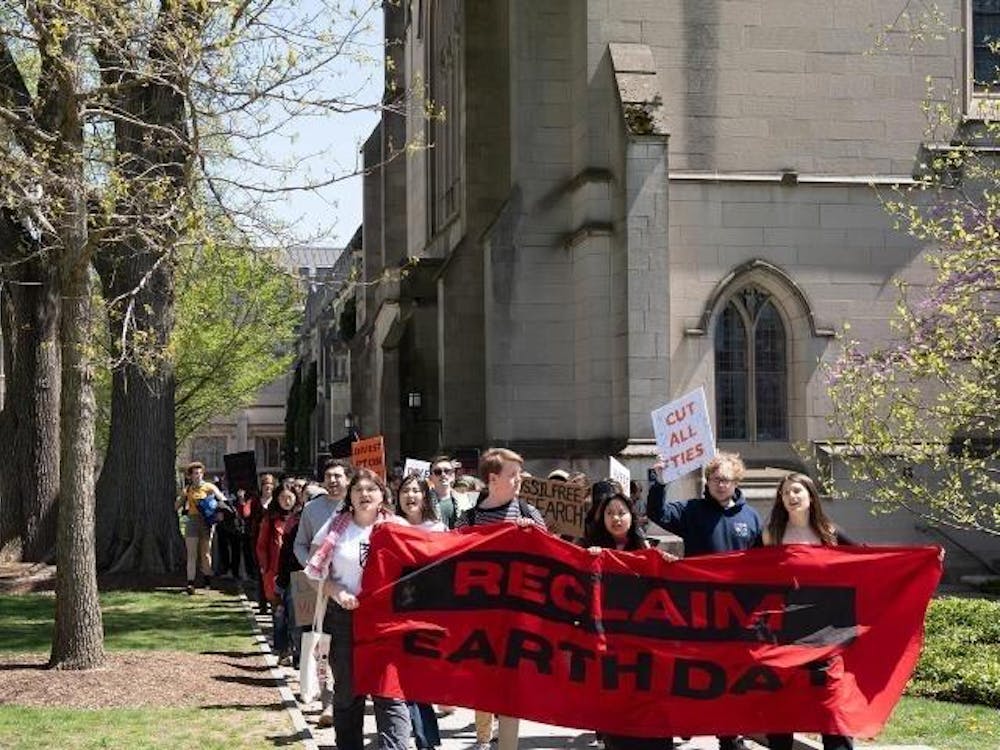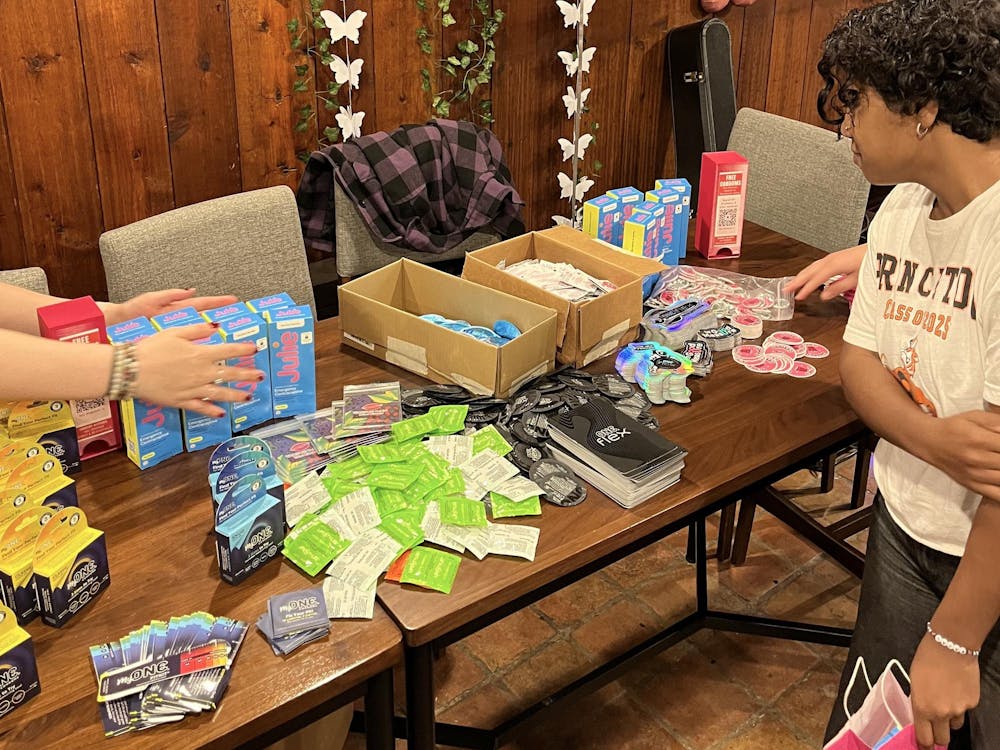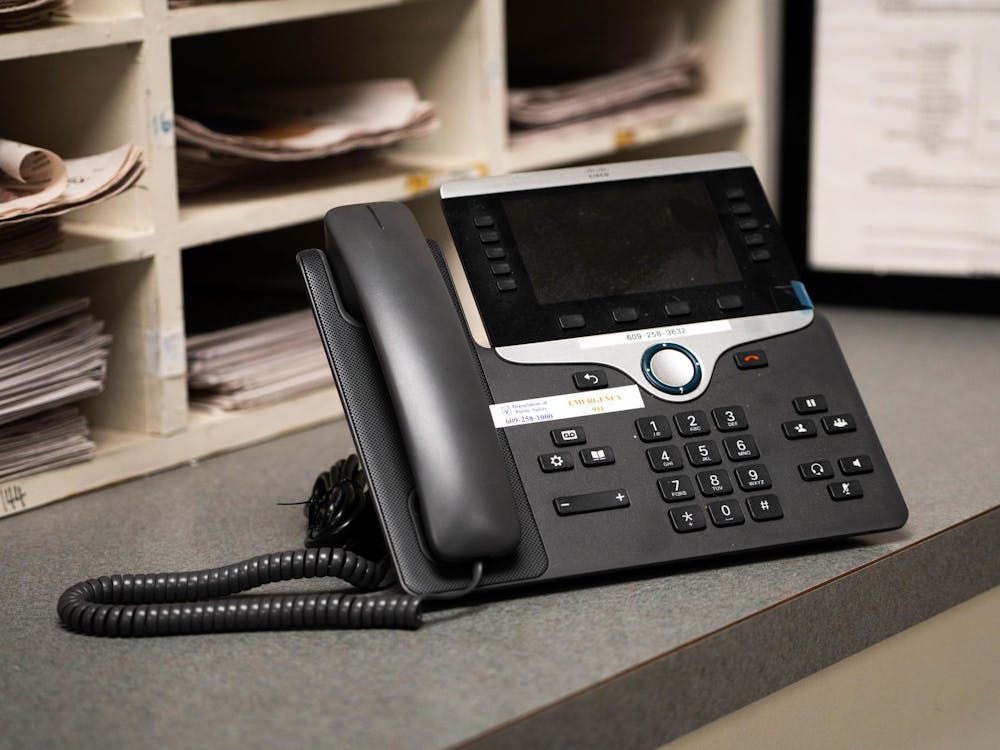Full invented a device that captures 40 percent more energy than conventional solar panel systems by tracking the sun across the sky during the day. Unlike other tracking devices, Eden’s is constructed from cheap and accessible materials, making it far more affordable for developing countries.
A version that Full is currently developing is made from bamboo and bimetallic strips. As the sun heats the strips, they bend and unlock a notch on the bamboo frame, causing the solar panel to move and shift direction according to the sun’s path. The contraption would cost only $10 to build, compared to $600 for a tracking device with a motor.
Full’s interest in solar technology originated in a childhood that emphasized creativity over science. Her father, an artist, and her mother, who works for a production company, had her start violin lessons when she was three years old and sent her to art camps. But Full wanted to build things. By fifth grade, she entered a solar-powered car in a science fair. She worked out of her parents’ basement and used her own money.
“No one was really interested in the kind of things I was doing,” she recalled. “I typed into Google ‘methods of harnessing heat,’ and you go from there. At the time, no one had made the link from bimetallic strips. They were more for the developed world than the developing.”
By high school, she had built her first self-powered solar tracking system.
Full’s next step was to found Roseicollis Technologies, a company dedicated to developing her ideas. The company is now seeking partners worldwide. Full noted that the device “has applications not only in the developing world, but that it can also be used in solar farms.”
In addition, Roseicollis is partnering with the foundation Energy4Everyone, which leverages the expertise and resources of the Canadian energy industry to provide energy solutions to communities in the developing world.
Though she is in the School of Engineering and Applied Science, Full does not thrive on equations. “I hate math and physics,” she said, explaining that “people ask me why I want to be an engineer — it’s because of the end result.”
That end result could mean empowering people in developing countries by powering their everyday lives. At the February conference, Full met a Tanzanian man who is developing solar charging stations.
“In his community, they don’t have lights, they don’t have electricity,” Full said. But with devices that inexpensively and efficiently capture solar energy, “farmers could do more work for longer, as their lives won’t be dictated by natural sunlight,” she explained.
At the University, Full has continued to work on her project. In EGR 495: A Collaboratory for Social Entrepreneurship, Full worked on a group project to establish a business model and organize distribution of her device. She has also been working under mechanical and aerospace engineering professor Wole Soboyejo on research evaluating the strength of bamboo and its viability as a construction material.
Nitin Sekar GS said that Full, who recently joined the research team, has already demonstrated “a remarkable determination to solve problems and help people, but ... she also exudes a very convincing humility.”

Though she has more engineering experience than most freshmen, she said that she has not decided whether to even pursue a B.S.E. degree. She said she is also considering concentrating in history of science, to “understand how science helps people better,” or anthropology.
“I’m really not a technical kind of person. I build stuff, and when you’re in high school, that’s what they focus on. I’m more interested in how my technology helps people,” she explained.
Outside of the classroom, Full is an officer of the Princeton Africa Development Initiative and Engineers Without Borders and has also taken up crew as a coxswain.
“At first I just wanted to try it because I felt like I didn’t do enough stuff; I wanted to broaden my horizons. Where else are you going to find a thing that needs a small and loud person?”
These activities help maintain balance in her life, since she’s “not big on academics.” Full’s biggest priority, she said, is continuing her projects.
“I don’t study as much as I should,” she said. “I find time because if you care about someone or something, you’ll make time.”








